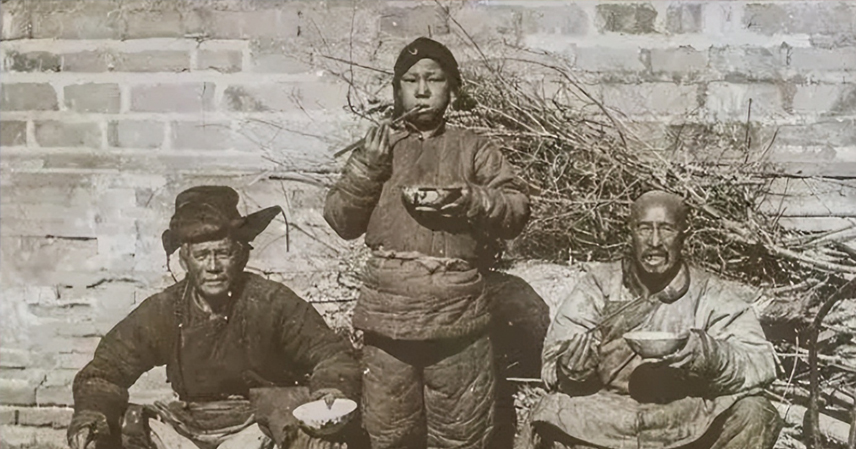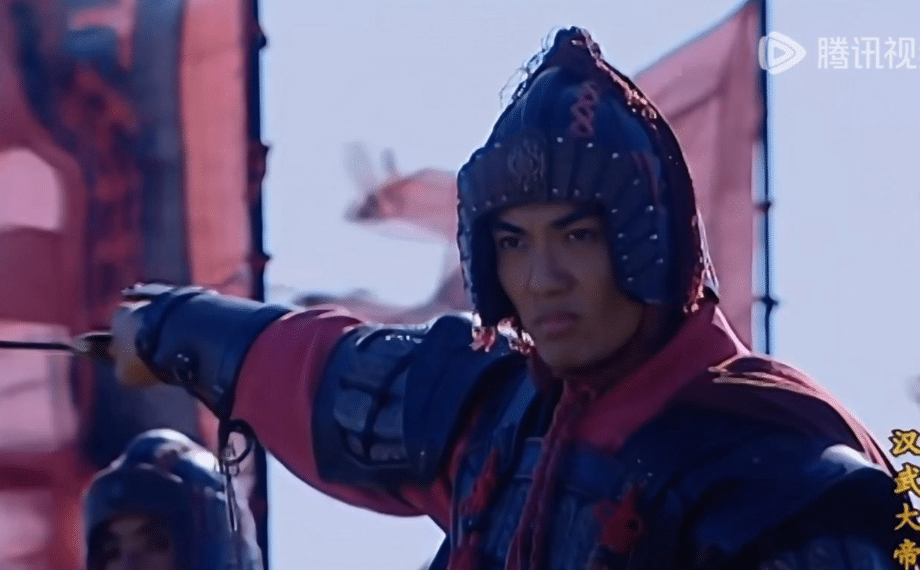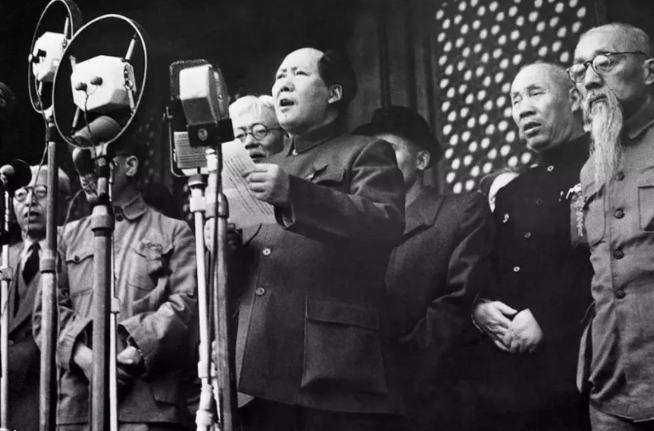Imagine being thrust back to ancient times—could you endure a single day? Modern complaints about long work hours, soaring rent, or stress pale in comparison to the raw, unyielding hardships of ancient life. For our ancestors, survival was a daily battle against hunger, cold, disease, and death itself. From peasants to emperors, no one escaped the era’s relentless grind. This isn’t just history—it’s a sobering reminder of how fragile existence once was.
Hunger: The Ever-Present Threat
In ancient China, nature’s whims dictated survival. A drought could parch the Yellow River, leaving cracked fields and withered crops. A flood might follow, swallowing villages in mud. During the Han Dynasty’s great plague, entire regions saw “bones bleaching in the wilds, no rooster’s crow for a thousand miles,” with survivors driven to unspeakable acts like cannibalism. Hunger wasn’t a skipped meal—it was a blade at the throat.

The average person’s diet was meager. Han Dynasty commoners ate two meals daily, often just coarse millet porridge with pickled vegetables. Meat? A rare luxury, reserved for festivals. Even Emperor Wu of Han, surrounded by delicacies, fixated on a particular sauce, revealing the monotony of elite diets. For the masses, starvation was a constant shadow, as poet Du Fu witnessed during the An Lushan Rebellion: “Behind red gates, wine and meat rot; on the roads, frozen corpses lie.”
Clothing and Shelter: Barely Enough
Clothing was another ordeal. Most wore the same rough hemp garment for years, patched until it crumbled. Ming Dynasty official Hai Rui, a model of integrity, died with only a tattered, patched robe to his name, shocking mourners. This scarcity lingered into modern China’s early years, when a new outfit was a child’s ultimate New Year’s wish.
Shelter offered little reprieve. Du Fu’s famous Chengdu thatched hut leaked relentlessly: “Rain pours through, no dry spot left.” Most lived in mud-and-straw hovels, defenseless against summer rains or winter chills. War, like the An Lushan Rebellion, left countless homeless, sleeping among ruins with only the sky for cover.
Travel and Health: Peril at Every Turn
Travel was grueling. Du Fu trekked across China on foot, exposed to the elements, each step a gamble with survival. Beasts of burden or carts were luxuries; even in the early 20th century, a bicycle was a status symbol. Health was equally precarious. Clean water sparked village feuds, and a simple cold could kill. The Han plague left bodies unburied until Cao Cao ordered mass graves to curb further spread. Without antibiotics or vaccines, life hung by a thread.

Social Pressures: Duty and Despair
Society’s rules added invisible burdens. Family obligations weighed heavily—Jin Dynasty scholar Li Mi’s plea to care for his grandmother in Memorial on Outpouring Sentiment reveals the emotional toll of filial duty amid scarcity. In desperate times, Qing Dynasty records show parents selling children for a few bushels of rice—not out of cruelty, but survival.
Education, a rare escape, was brutal. Song Dynasty brothers Su Shi and Su Che studied by lamplight, rationing oil to afford books. The imperial exams crushed dreams—Du Fu languished in Chang’an for a decade, securing only a minor post. Even Qing scholar Ji Xiaolan took 20 years to pass, while countless others broke under the strain.
War and Labor: Lives Ground to Dust
War was merciless. Han soldiers often supplied their own weapons, food, even coffins, marching to near-certain death. Du Fu’s poem The Bailiff of Shih-hao captures the horror: an old man flees conscription, leaving his elderly wife to serve the army. Countless perished building the Great Wall or canals, their toil etched into history’s grand monuments.
Du Fu: A Life of Epochal Suffering
Du Fu’s life embodies this era’s pain. Born to privilege, he dreamed of greatness, penning bold verses like “I’ll climb the peak, all mountains small below.” Yet, exam failures trapped him in Chang’an, where his young son starved. The An Lushan Rebellion forced him to flee, trailing the exiled court through war-torn lands. His poems—Three Officers, Three Partings—chronicle broken families and ruined lives. He died sick and adrift on a battered boat, his legacy a haunting record of a crumbling empire.

No Escape, Even for the Mighty
Suffering spared no one. Li Mi’s filial struggles, the Su brothers’ poverty, Hai Rui’s destitution, even Emperor Zhu Yuanzhang’s paranoia-fueled purges—all reflect a world where hardship was universal. Even royal feasts, limited by crude cooking and scarce spices, lacked the variety of a modern meal.
A Lesson in Gratitude
Ancient life was a crucible of survival struggles—no safety nets, no choices, just endurance. Today’s “hardships” stem from ambition or desire, not life-or-death stakes. Recognizing this isn’t about one-upping misery; it’s about appreciating the long road humanity has traveled. Every grain of rice, every stitch of cloth, carries the sweat of ancestors. Let’s cherish the medical care, education, and stability they fought to bequeath us.
References
- Sima Qian. (94 BCE). Records of the Grand Historian. Han Dynasty Chronicles.
- Ban Gu. (82 CE). Book of Han. Dietary Records of the Han Court.
- Du Fu. (759 CE). Autumn Meditations and Song of the Thatched Hut Broken by Autumn Winds.
- Ming Dynasty Archives. (1587). Biography of Hai Rui.
- Li Mi. (263 CE). Memorial on Outpouring Sentiment.
- Qing Dynasty Archives. (1800s). Records of Child Sales in Famine Years.
- Su Shi. (1080s). Autobiographical Writings on Study Practices.
- Ji Xiaolan. (1780s). Personal Letters on Examination Struggles.
- Du Fu. (760 CE). The Bailiff of Shih-hao and Three Partings.



